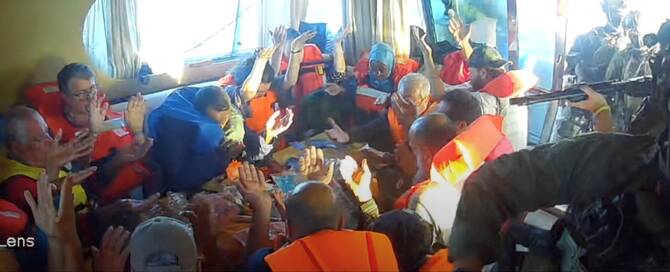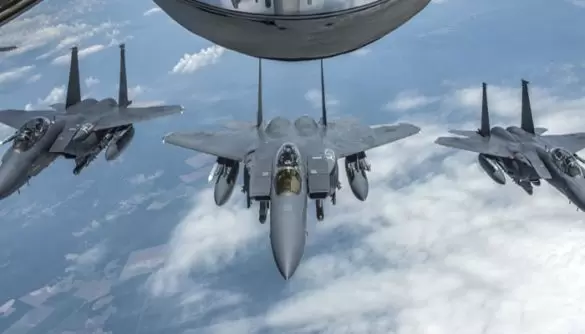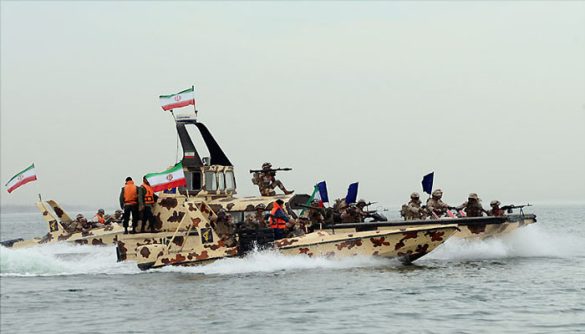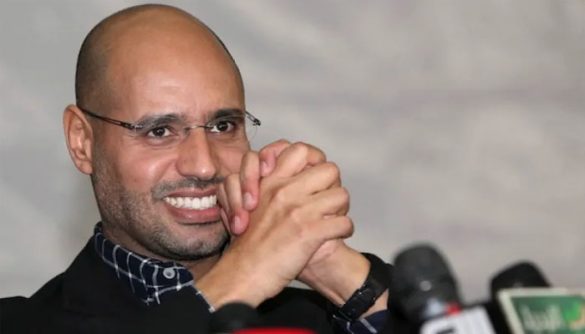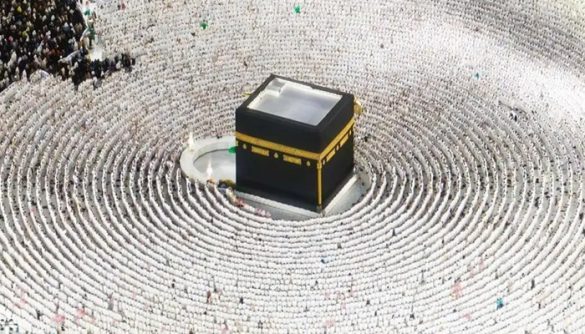Latest Deportations
Israel has deported an additional 29 activists who participated in the Flotilla Samoud mission, the Israeli Foreign Minister announced. This move is part of a broader strategy by Israel to curb the participation of international activists in maritime convoys aimed at supporting Palestinians.
According to official statements, more than 450 activists have been detained in recent months (read full report here), and 170 of them have now been deported. The deportations highlight Israel’s strict stance on international involvement in Gaza-bound flotillas.
Background: The Flotilla Samoud
The Flotilla Samoud is one of several initiatives organized by international human rights groups and pro-Palestinian organizations. Its goal is to deliver aid and humanitarian supplies to Gaza while drawing global attention to the blockade and the humanitarian crisis in the region.
Israel considers such missions illegal and has consistently blocked flotillas from reaching Gaza. Authorities often intercept the ships, detain participants, and deport foreign activists. This latest round of deportations underscores Israel’s ongoing commitment to preventing these maritime campaigns.
International Reactions and Humanitarian Concerns
Human rights organizations and activists have condemned Israel’s actions, describing the deportations as part of a broader suppression of international solidarity with Palestinians. Critics argue that restricting humanitarian missions exacerbates the humanitarian crisis in Gaza, where access to essential supplies remains limited.
While Israel cites security concerns as justification, international observers continue to call for diplomatic solutions and safe access for humanitarian aid. Similar flotilla missions in the past have drawn widespread media attention, raising debates on maritime law, human rights, and the Israeli-Palestinian conflict.
Implications
The deportation of these activists may deter some international participants from joining future missions, but it has also sparked renewed calls for solidarity. Activists argue that continued international involvement is crucial to highlight the challenges faced by Palestinians under blockade conditions.
As tensions persist, Israel’s strict approach reflects its broader policy of controlling access to Gaza and limiting foreign intervention in sensitive geopolitical issues.

